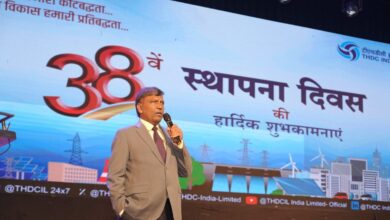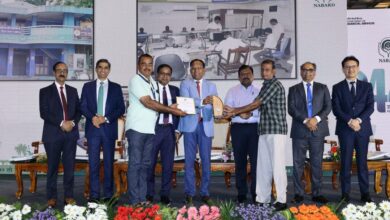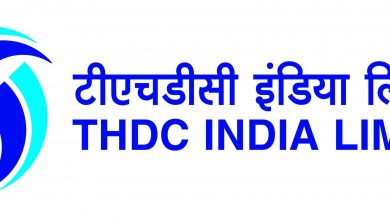SIDBI Conducts National Webinar Of Microfinance – Impact And learnings
318 participants attended the webinar through virtual means
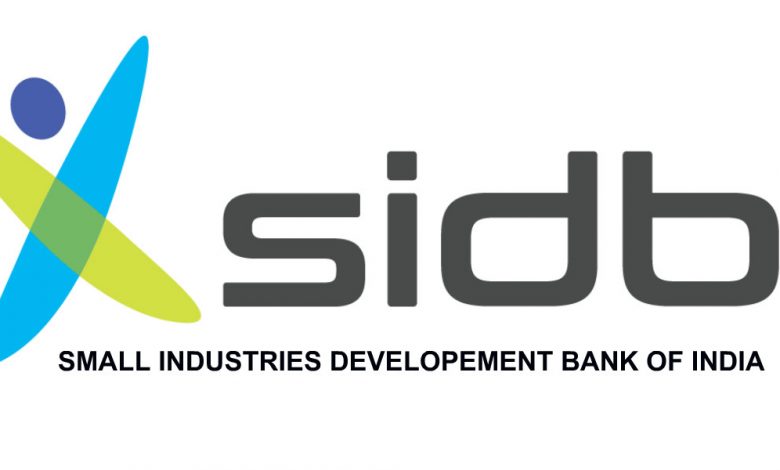
Small Industries Development Bank of India (SIDBI), the country’s Principal financial institution for MSMEs, is one of the pioneers in catalysing the financial and non-financial support for the growth microfinance sector. SIDBI so far sanctioned financial support over `30000 crore to the microfinance institutions, benefitting over 49 million of poor women at the bottom of the pyramid. Besides extending financial support, SIDBI has been undertaking multiple non-financial support/interventions through its promotional and developmental activities targeting overall growth of the sector.
As a part of the developmental role, two independent studies in association with Sa-dhan is being contemplated viz.(i) an independent study on Impact Assessment of microfinance on lives of borrowers by Indira Gandhi Institute of Development Research (IGIDR) and (ii) a Study on Financial Inclusion in Underserved Areas’ by M2i Consulting Private Limited(M2i), Faridabad. As a part of Azadi ka Amrit Mahotsav (AKAM) celebrations, a National Webinar was conducted with MFIs and other stake holders to discuss about the impact of micro finance and collect inputs from MFIs. 318 participants attended the webinar through virtual means.
Shri Sivasubramanian Ramann, CMD, SIDBI during his inaugural address said “In line with national agenda of Financial Inclusion, SIDBI has been offering multiple credit and credit plus interventions for extending credit facilities to underserved and unbanked segment of the society. MFIs have done exemplary work in empowering 7-8 crore MFI borrowers by providing access to finance at lower rate of interest as compared to higher rate of interest being charged by local money lenders.
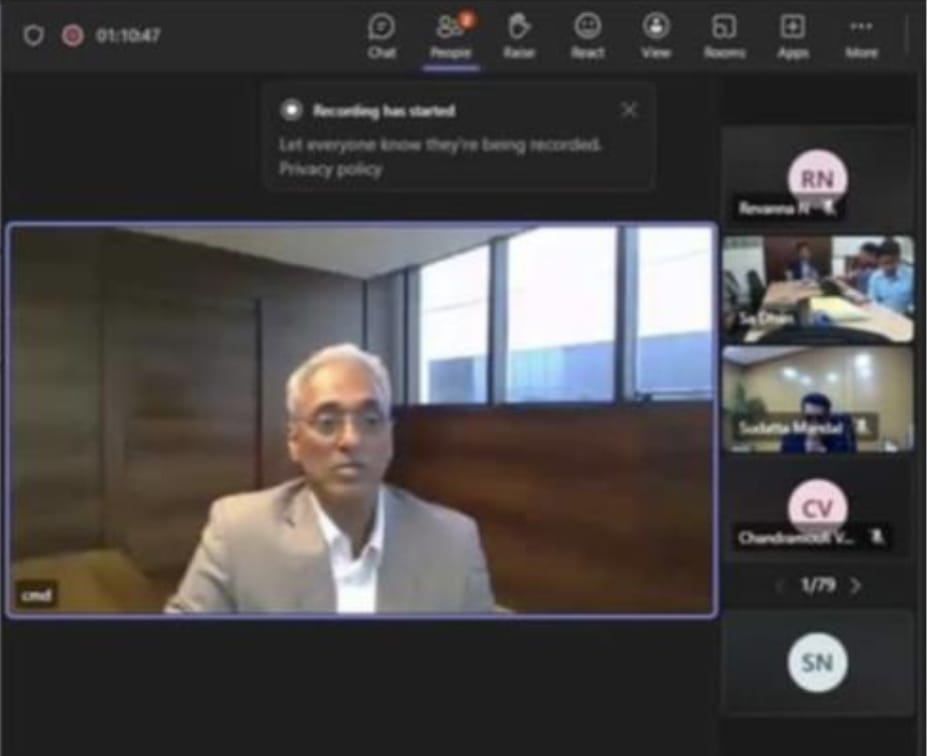
Shri Ramann gave various inputs and set the tone for the webinar by urging the participants to examine whether the MFI borrowers are still borrowing from other than formal sources and for what purpose. He also advised to look into the impact of external shocks such as health exigency on the BOP beneficiaries of the MFI sector and ways to mitigate them. He wished the study focus on diverse issues and also indicated that the outcomes of the study inter-alia shall be helpful for Government agencies and RBI etc. for timely policy making.”
Shri Jiji Mammen, ED & CEO, Sa-Dhan said “Sa-Dhan and SIDBI has been closely working over a decade for the benefit of the microfinance borrowers. Shri Jiji Mammen further added that” though the MFI sector plays a vital role in economic development and empowerment of women and poor the sector is subjected to misconceptions many a times in certain quarters due to lack of adequate data on the impact created by microfinance. In view of lack of data, Sa-dhan had undertaken small impact study with sample size of 1000 beneficiaries to measure the impact on MFI borrowers. The study revealed that the detailed study is required with larger sample size. The panelists viz. Shri Mukul Jaiswal-MD of Cashpor Microcredit, Shri B. George John – Executive Vice President of ESAF SFB, Shri L H Manjunath-ED of SKDRDP, Shri Sadaf Sayeed-CEO of Muthoot Microfin, Shri Anujeet Varadkar-CEO of Svatantra Microfin , Shri Kartik Mehta-MD of Pahal Financial Services and Dibya Jyoti Patnaik- Director of Annapurna Finance actively participated and elucidated their current practices and shared their experiences.
MFIs are not only fulfilling the credit needs of MFI borrowers but also providing many supports including health insurance, virtual medical consultation/OPD clinics, Hospicash facilities etc., and supporting educational needs of children of microfinance borrowers, supporting in the times of emergencies and crisis situations like cyclones, floods etc. Several MFIs have implemented SDG frameworks and developed various indices for monitoring the impact created by MFI at institutional level. Some of the MFIs play an important role in creating awareness of digital literacy and market connect initiatives for products manufactured by rural entrepreneurs and artisans. It was felt that there is a strong need to identify, put a suitable framework for measuring the impact at sector level, which will help the sector and multiple players in the MFI industry.
Shri Sarkar Subrata, Professor, & Ms. Bharti Nandwani, Assistant Professor, IGIDR said “the methodology of the study involves sampling of 6000 beneficiaries by collecting the data through personal interactions, sample survey/questionnaire, interaction with sectoral experts, officials from SIDBI.

